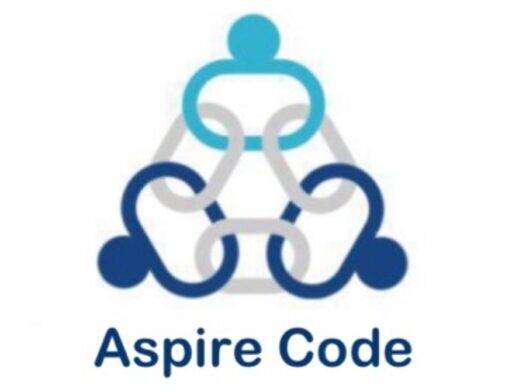Introduction: In today’s competitive job market, possessing technical skills alone may not be enough to secure your dream job. Employers increasingly prioritize soft skills—such as communication, teamwork, and adaptability—as essential qualities in candidates. In this article, we’ll explore why soft skills matter in the workplace and why employers value them when making hiring decisions.
- Communication Skills: Effective communication is the cornerstone of success in any job role and industry. Employers value candidates who can articulate ideas clearly, listen actively, and convey information concisely. Strong communication skills foster collaboration, prevent misunderstandings, and enhance productivity in the workplace. Whether it’s delivering presentations, writing emails, or interacting with clients, employees with excellent communication skills are invaluable assets to any organization.
- Teamwork and Collaboration: In today’s interconnected and fast-paced work environments, the ability to collaborate effectively with others is essential. Employers look for candidates who can work well in teams, contribute ideas, and support their colleagues to achieve common goals. Teamwork promotes innovation, fosters creativity, and builds trust among team members. Employees who excel at collaboration are more likely to adapt to changing priorities, overcome challenges, and drive collective success.
- Adaptability and Flexibility: The modern workplace is constantly evolving, with technological advancements, market shifts, and organizational changes reshaping the way we work. Employers seek candidates who demonstrate adaptability and flexibility in response to these changes. Adaptability involves being open to new ideas, embracing challenges, and quickly adjusting to new situations. Flexible employees can thrive in dynamic environments, juggle multiple tasks, and pivot as needed to meet evolving business needs.
- Problem-Solving Skills: Employers value candidates who possess strong problem-solving skills and can think critically to solve complex problems. Whether it’s troubleshooting technical issues, resolving conflicts, or identifying opportunities for improvement, employees who excel at problem-solving can drive innovation and overcome obstacles in the workplace. By demonstrating resourcefulness, creativity, and resilience, employees with strong problem-solving skills can add significant value to their organizations.
- Emotional Intelligence: Emotional intelligence (EQ) refers to the ability to understand and manage one’s emotions and navigate social interactions effectively. Employers value candidates with high EQ, as they can build positive relationships, manage conflicts constructively, and inspire others to perform at their best. Employees with strong emotional intelligence demonstrate empathy, self-awareness, and interpersonal skills, making them effective leaders, collaborators, and team members.
Conclusion: In today’s dynamic and competitive job market, possessing strong soft skills is essential for career success. Employers value candidates who excel in communication, teamwork, adaptability, problem-solving, and emotional intelligence, as these qualities contribute to a positive work environment and drive organisational success. By honing your soft skills and showcasing them effectively during the job search process, you can position yourself as a highly desirable candidate and enhance your prospects for career advancement.

